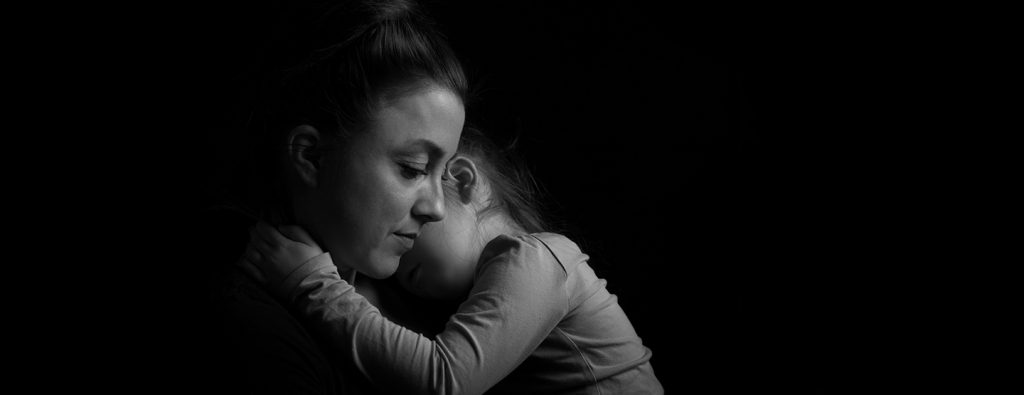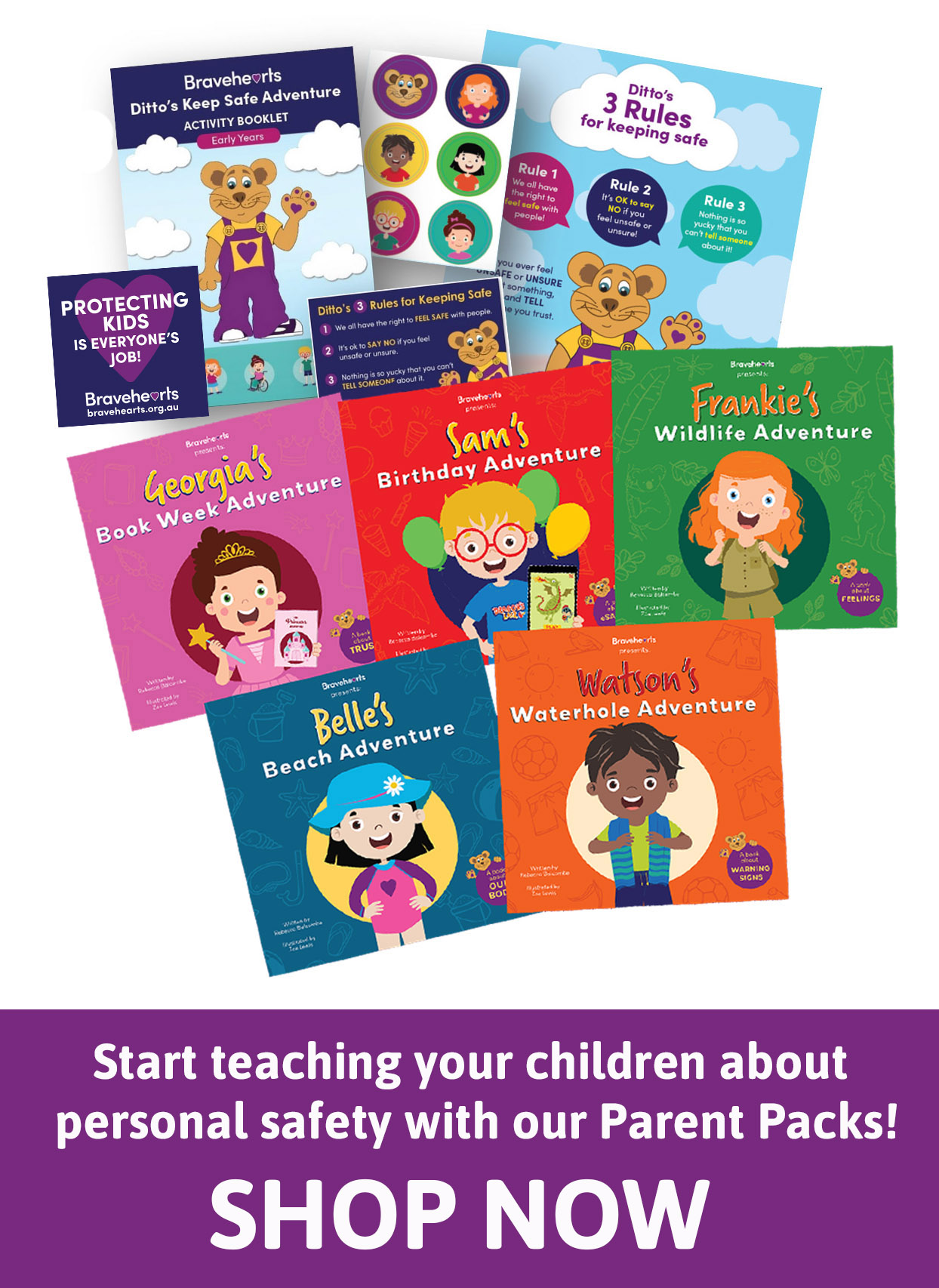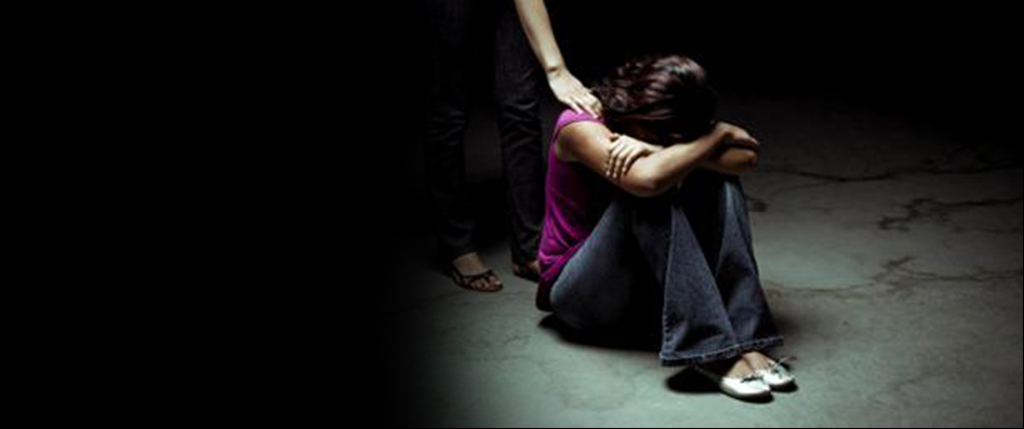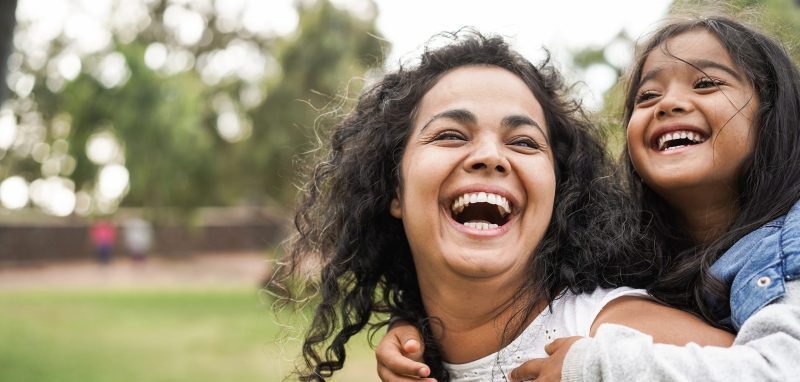About Child Sexual Abuse
- Free Resources
- What is Child Sexual Abuse?
- What are the Signs of Child Sexual Abuse?
- What are the Effects of Child Sexual Abuse?
- What is Grooming?
- What is Consent?
- Sexual Behaviours in Children
- Myths About Child Sexual Abuse
- Online Child Exploitation
- Teaching Children Personal Safety
- Responding to a Disclosure of Sexual Abuse
- Historical Child Sexual Abuse
Helpful Links
- Home > About Child Sexual Abuse > Responding to a Disclosure of Sexual Abuse
Responding to a Disclosure of Sexual Abuse
Your response to any disclosure of abuse can be the first important step in stopping the abuse and protecting the child from further harm.
Your initial response to a child or young person’s disclosure of sexual abuse may vary depending on circumstances and needs. Responses may include implementing protective strategies, engaging appropriate support services or making reports to relevant authorities.
It is important to understand how difficult it can be for a child to disclose abuse or sexual harm. Offenders put a great deal of time and effort into ensuring the child remains silent. Some of the reasons a child may have trouble disclosing include:
- The offender has told them not to tell, often with accompanying threats such as, “they will take you away from your family if you tell”.
- They think they will get into trouble.
- They feel guilty or ashamed.
- They feel that no one will believe them.

What to do if a child or young person discloses harm to you
If a child or young person discloses to you, try to follow these steps:
- Listen carefully to all they say.
- Tell them you believe them and it’s not their fault.
- Let them know you will do everything in your power to help them, but do not make promises.
- Let the child know that you will need to tell someone to help keep them safe. Though this may upset the child, it is very important that you act protectively and in the child’s best interest.
- Do not force them to talk about it, you are there to listen to what they want to tell you.
- Do not use direct or leading questions.
- Do what you need to do to make the child feel safe.
- Importantly: follow your obligation to report as soon as practically possible.
- When documenting, use the child’s exact words as best you can.
What to do if you suspect a child or young person is being harmed
Sometimes a child or young person’s behaviour or words may lead you to suspect or become concerned that the child is unsafe or being harmed. In this situation, it is important that you:
- Do not frighten the child or young person by asking confronting questions.
- Let the child or young person know that you are there for them if they ever need to talk.
- Record your concerns including any behavioural observations or conversations you may have had with the child or young person.
- Importantly: follow your obligation to report as soon as practically possible.
- If in doubt, contact the Bravehearts Information and Support Line Freecall 1800 272 831.
 BACK
BACK





